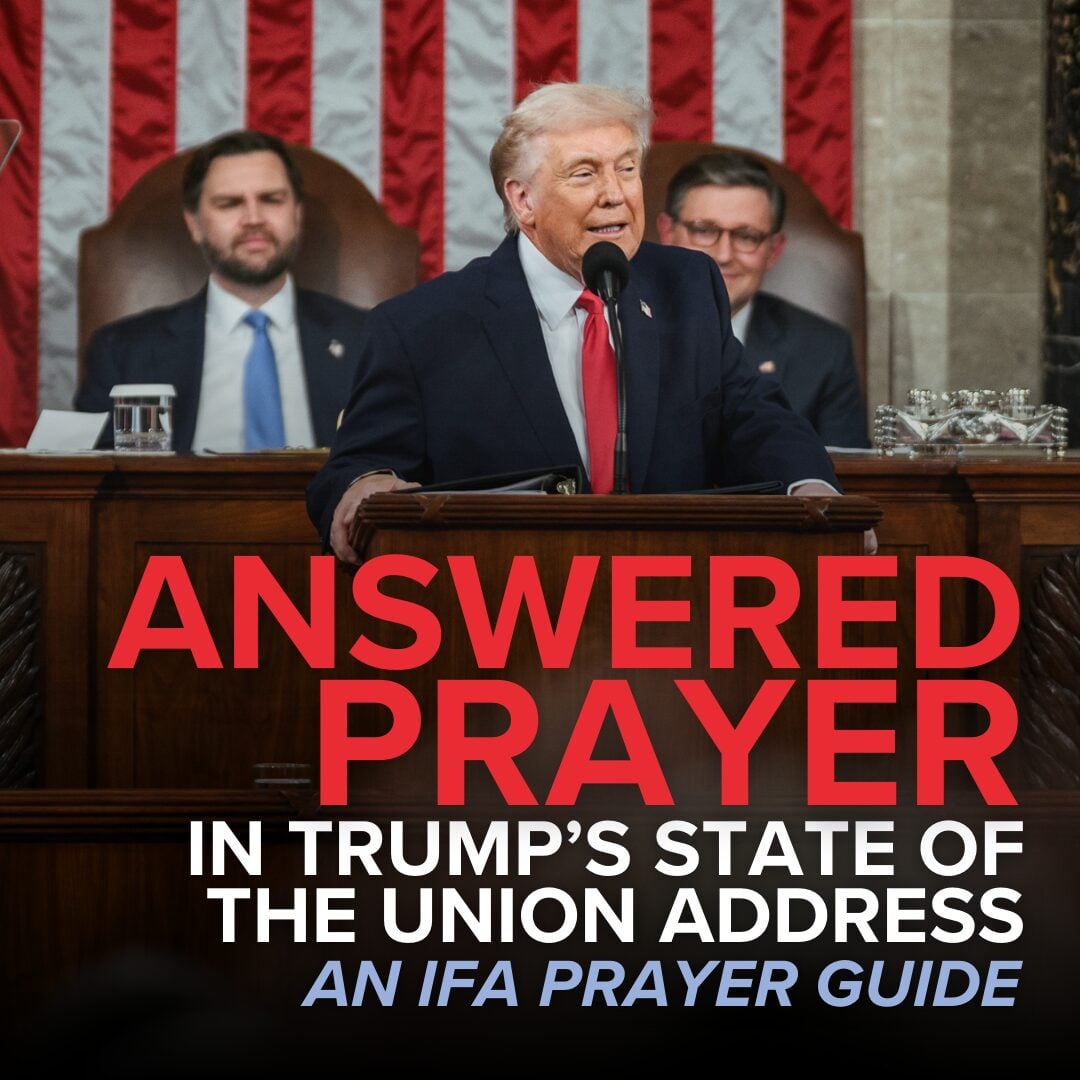SCOTUS Tackles Big Government
Target Pushes Ahead With Woke Holiday Merch, Despite Losses
Abortion Activists Set Their Sights on a New State
Biden to Avoid Charges Over Classified Docs
State to Monitor Social Media for Hate Speech
SCOTUS Tackles Big Government
The Supreme Court is looking at four cases that could, depending on the verdict, curb our growing administrative state. This issue matters in ways many Americans and even informed Christians do not understand. If you are not a fan of big government, read this!
From The Epoch Times. The U.S. Supreme Court has taken up several cases this term that pose challenges to the administrative state, following years of concerted legal and political opposition to its legitimacy.
Do you want state prayer alerts?
The 1984 precedent held that courts generally should defer to agencies’ interpretations of ambiguous language in congressional statutes.
For this term, the court is reviewing, in two related cases, whether the Commerce Department adhered to Congress’s instructions when it required commercial fishing companies to pay for federal observers monitoring their activity on vessels. …
The cases are Loper Bright Enterprises v. Raimondo and Relentless Inc. v. Department of Commerce. Oral argument is scheduled for Jan. 17.
Two other cases—Consumer Financial Protection Bureau (CFPB) v. Community Financial Services Association of America (CFSA) and Securities and Exchange Commission (SEC) v. Jarkesy—take a look at how agencies may adjudicate disputes in administrative courts, as well as appropriate or allocate funds in a way many argue should be left to Congress. Instead of reevaluating longstanding judicial doctrine, the cases examine specific actions by Congress and the executive in light of constitutional restrictions.
The CFPB case, for example, questions whether Congress violated the appropriations clause of the U.S. Constitution when it allowed the agency to determine its own funding levels while drawing money from the semiautonomous Federal Reserve. The Jarkesy case, meanwhile, asks whether the SEC’s administrative courts violate the Seventh Amendment by not impaneling a jury.
Renewed Opposition to Executive Power
This term’s slate of cases is historically “significant,” George Washington University law professor Richard Pierce, who has written more than 20 books on administrative law, told The Epoch Times.
Advocates like Mr. Pierce defend administrative authority and Chevron as well-founded in U.S. history. Only recently has there been such a concerted effort to undermine its foundations, he said. …
It’s difficult to trace exactly how opposition to the administrative state intensified over the last decade but Mr. Pierce and others have suggested that opposition may have partially been a response to the policies of President Barack Obama. …
Data from the George Washington University Regulatory Studies Center indicate that while recent administrations have generally increased the number of administrative rules, President Obama’s administration saw the largest cumulative number of economically significant rules when compared to administrations going back to President Ronald Reagan’s. …
Mr. Pierce pointed to Columbia Law professor Philip Hamburger as a critical influence on opposition to agency power. “I have to concede that Phil Hamburger created a movement,” Mr. Pierce told The Epoch Times. “He got a whole lot of people upset about this.”
Mr. Hamburger decried administrative law as unconstitutional in his book “Is Administrative Law Unlawful?” which was published in 2014, after years of President Obama pushing expansions of the administrative state. Mr. Hamburger says, however, that the book wasn’t a response to the 44th president. …
In recent years, the Supreme Court has used President Obama’s policies to rein in administrative power. Part of President Obama’s response to the financial crisis of 2008–2009 included signing into law the CFPB, whose funding mechanism is currently being reviewed by the court and already encountered the justices’ rebuke in a dispute over the president’s inability to fire the agency director.
The array of options available to justices means their rulings can have profound implications for agencies and businesses alike.
The Administrative State’s Uncertain Future
Supreme Court decisions are notoriously difficult to predict, but may follow trends seen in oral argument. If the oral argument in CFPB v. CFSA is any indication, the court is likely to take a scalpel rather than a hatchet to Chevron in particular and executive power more generally. …
Each of the aforementioned administrative law cases this term are tackling big questions, such as the meaning of the U.S. Constitution’s appropriations clause and whether Congress can authorize adjudicatory proceedings outside of district courts.
University of Michigan Law School professor Christopher Walker is a conservative who has suggested that while the fishery regulation may be unconstitutional, the court should maintain Chevron deference for stare decisis reasons. Overturning those types of well-entrenched, widely influential doctrines, sometimes referred to as “super precedents,” raises concerns about stability of the law given their long history and accumulated influence on policy. A similar argument was made for not overturning Roe nearly 50 years after its installment. …
Others have argued that overturning Chevron would restore stability given that it allows agencies to promulgate unpredictable regulations based on ambiguous statutory language. …
Mr. Hamburger argued that by displacing Congress’s power and concentrating it in the executive, expansive administrative authority stokes political extremism and contributes to the “existential character of presidential elections.”
Removing Chevron, he said, “would mean that the shift from one administration to another would not create opportunities for creating regulation independently of Congress. That would mean regulation would be more anchored and we would not have presidential elections that look like warfare.” …
Regardless of how Chevron will impact uncertainty, overturning it will likely force altered decision-making by legislators and bureaucrats alike. How much authority Congress will ultimately exercise is questionable, however, given the incentives critics say legislators have for shifting tough policy decisions onto agencies. …
Share this article to encourage others to pray for the Supreme Court.
(Excerpt from The Epoch Times. Photo Credit: Al Drago/Getty Images)
Partner with Us
Intercessors for America is the trusted resource for millions of people across the United States committed to praying for our nation. If you have benefited from IFA's resources and community, please consider joining us as a monthly support partner. As a 501(c)3 organization, it's through your support that all this possible.


We use cookies to ensure that we give you the best experience on our website. If you continue to use this site we will assume that you are happy with it. Privacy Policy





Comments
This reterick is completely unbiblical
Our God decries the giving away of His land. He gave it to Israel only. He also gave Ishmael land, but it is not Israel. The Arabs hate Jews. Even Christian Arabs have vendetta against Jews. Two states is not the answer.
Agencies in the government have taken much power and made it difficult for businesses often. I pray the justices would have God’s wisdom in their decisions and also that the Constitutional questions would be satisfied.
Although I do not presume to understand all of the implications of these SCOTUS decisions, I do agree with Brian’s prayer – Your will be done, LORD. We want You to guide and direct each justice.
Lord Jesus, my Your purposes be done in each of these situations. Please guide and direct each Supreme Court justice in their decision making, and their voting as to how these situations shall be adjudicated. Thank You, Jesus.